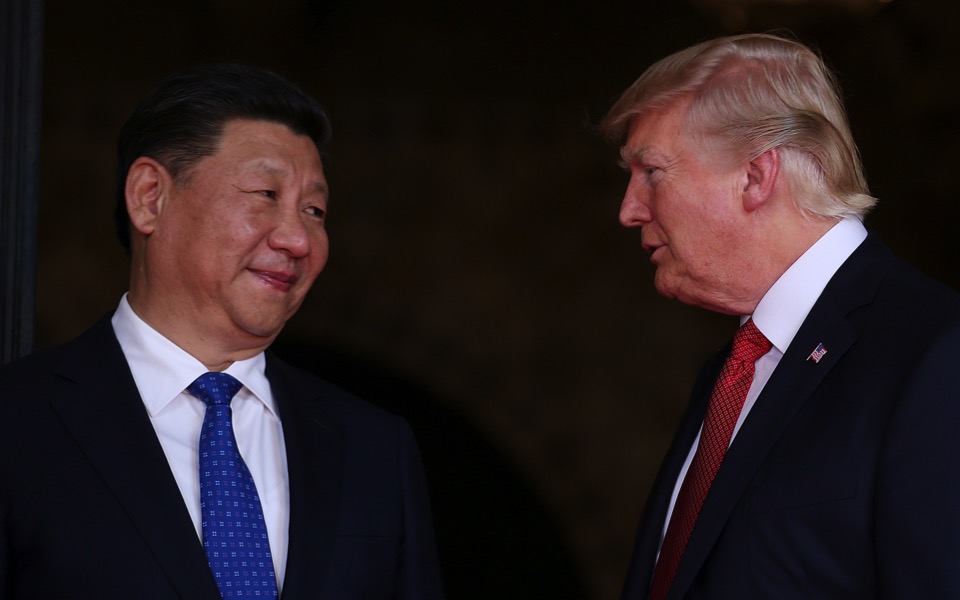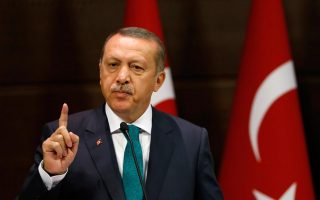In the thick of instability

We appear to have returned to the usual state of tension between Washington and Moscow, following a period when we could not be sure of how relations would develop given US President Donald Trump’s unclear declarations both during his election campaign and after he won.
It doesn’t matter if this shift is due to the congressional investigation into allegations that certain close aides of Trump developed ties with Russia in the runup to the US elections. What is certain is that the crisis in Syria and the overall situation in the Middle East were not among Trump’s top priorities during the race or once he was installed in the White House. A sign of this was that in his first newspaper interview, the only real “warning” that Trump issued was that the US would take matters into its own hands if China could not handle the issue of North Korea’s nuclear program.
We need, therefore, to see the importance of the fact that the order to bomb the Syrian air force base last week was given as Trump was holding talks with his Chinese counterpart at his Florida mansion. We should also note that in contrast to his British counterpart Boris Johnson, who canceled his visit to Moscow, US Secretary of State Rex Tillerson not only held talks with Russia’s Sergei Lavrov, but also met with Russian President Vladimir Putin on Thursday.
There is no doubt that any attempt to predict developments in the geostrategic sphere that are shaped by the actions and attitudes of the two big nuclear powers is risky and could lead to the wrong conclusions. But Putin’s tendency to confirm his influence in the broader region of Russia and in the Middle East via Syria is something we can take for granted. The apparent souring of relations between Moscow and Washington over the Eastern Mediterranean introduces yet another factor of instability.
Meanwhile, an announcement by the French energy company Total that it will drill for natural gas in Cyprus’s exclusive economic zone prompted a relatively mild response from Ankara – so far at least – as Turkey has announced its own such research in the Black Sea and Eastern Mediterranean. Therefore, we cannot rule out a fresh escalation of tension between Greece and Turkey in the summer.
Last but not least, the Western Balkan region is facing a serious diplomatic crisis between Skopje and Tirana that highlights a broader security issue for Greece, which is as important as the completion of the bailout review by international creditors, which seems to be the only issue that has the government’s attention.





